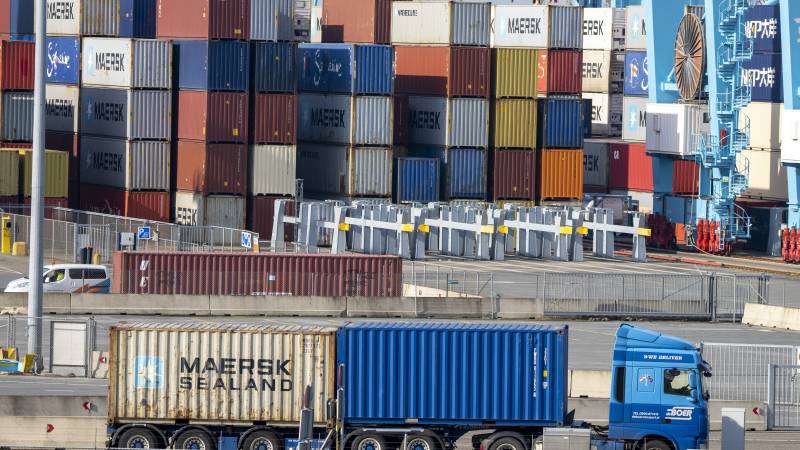According to figures from the Central Bureau of Statistics, companies in trade and industry in particular did business with Russia last year. 3,000 Dutch companies exported goods to the country, and 2,000 companies imported products.
For Dutch companies, trade with Russia has become very complicated by the sanctions, they also note in the sanctions counter of the Dutch Enterprise Agency (RVO). Entrepreneurs can go there with questions about the impact of sanctions on their business operations.
“We basically get the question from companies if they are still allowed to export their products,” says Rinske van den Brink of RVO. Answer business questions over the phone. They are also questioning whether they can still do business with a Russian company, because the owner or shareholder is on the sanctions list. There are also concerns about making a payment to or receiving money from Russia.
There is no money
How severely companies are affected by sanctions depends on what they trade, but also the importance of that trade to their business. Netherlands statistics show that nearly 5 percent of companies doing business with Russia depend on Russia for more than half the value of trade.
“Exporting to Russia is becoming increasingly difficult, also because payments fail and so entrepreneurs do not receive any money. The companies that depend on them are affected,” says van den Brink. In such a situation, the RVO can do little except explain how the penalties work and refer them to the authorities.
Medicines and flowers
Most of the trade comes from companies with 250 or more employees. This also includes Dutch companies affiliated with foreign concerns.
For example, medicines and flowers are important products for export. What is taken from Russia is mainly raw materials: oil, coal, iron and steel.







